Tag: Eastern Cape
-
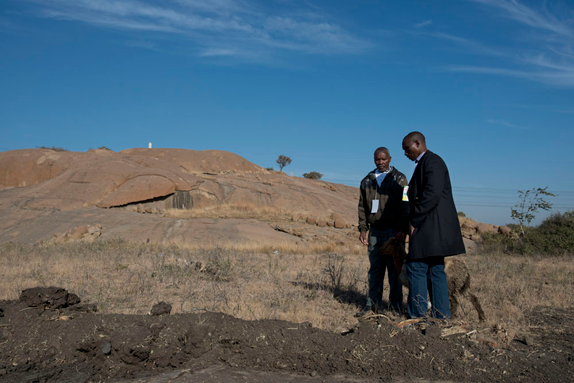
Don’t go to the front
SEMI JOKANISI LUSIKISIKI, EASTERN CAPE Every day at Lonmin’s Karee Four belt shaft Goodman Jokanisi walks with the ghost of his son, Semi, who died in the days leading up to the massacre at Marikana on August 16 2012. Father and son shared living quarters on the mine, but they worked different shifts. They would…
-
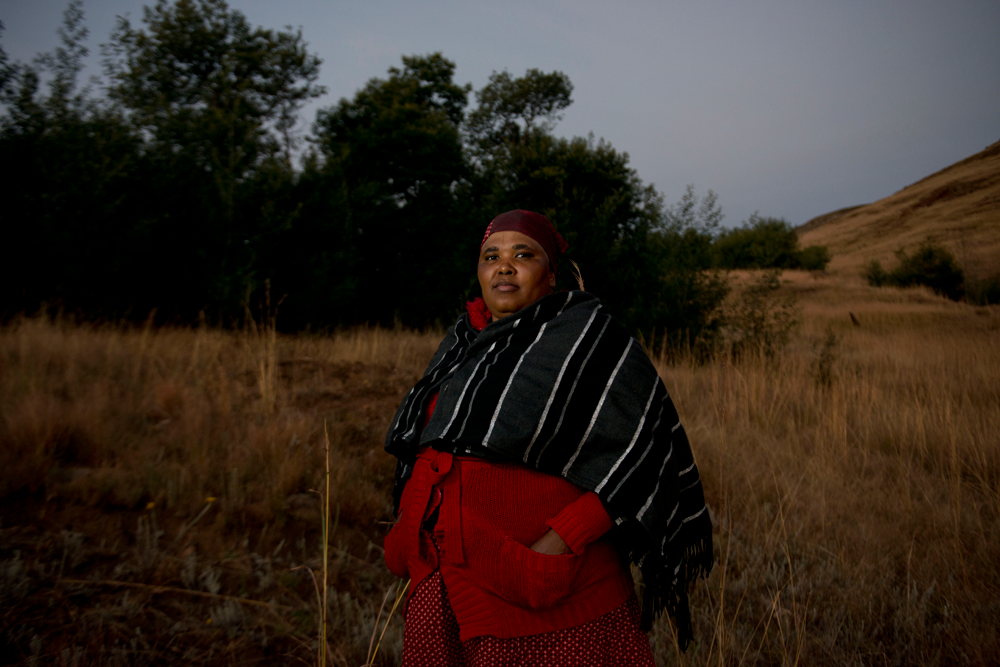
The pain still feels new
JACKSON LEHUPA MATATIELE, EASTERN CAPE Culture and poverty connive in the aftermath of the Marikana massacre. For Malukisang Lehupa it means marking the end of the mourning period for her husband, Jackson with a “semi-umembulo” — a cleansing ceremony. “We can’t afford to slaughter a cow now,” says Malukisang, “So we are doing half the…
-
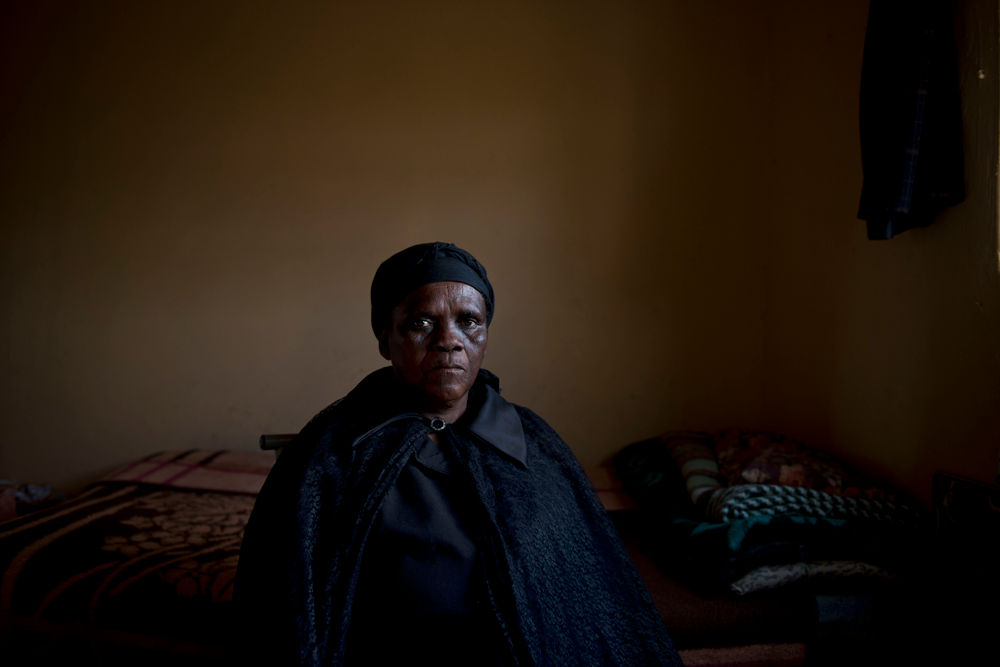
Mandela would have come to us
MZUKISI SOMPETA LUSIKISIKI, EASTERN CAPE The massacre at Marikana has sent ripples of death through the families of the men that died that day. Mabhengu Sompeta says that when police killed her son, Mzukisi, on August 16 2012, they also killed her husband, Mxolisi. “He died two weeks after we buried my son on September…
-
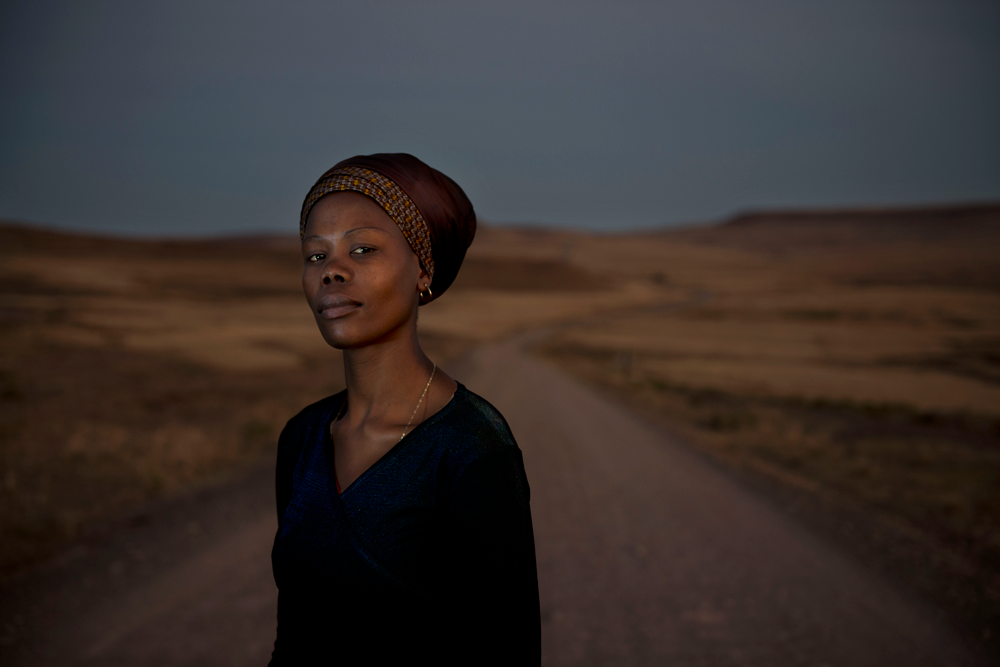
how can you love me?
BONGANI NQONGOPHELE ELLIOTDALE, EASTERN CAPE Marikana’s grapes of wrath have produced a bitter vintage for the families of the dead. Trauma, unresolved grief and impoverishment converge in desperation and, sometimes, squabbles for the scant resources left behind. The death of Bongani Nqongophele has torn his family apart, as acrimony grows over how best to use…
-
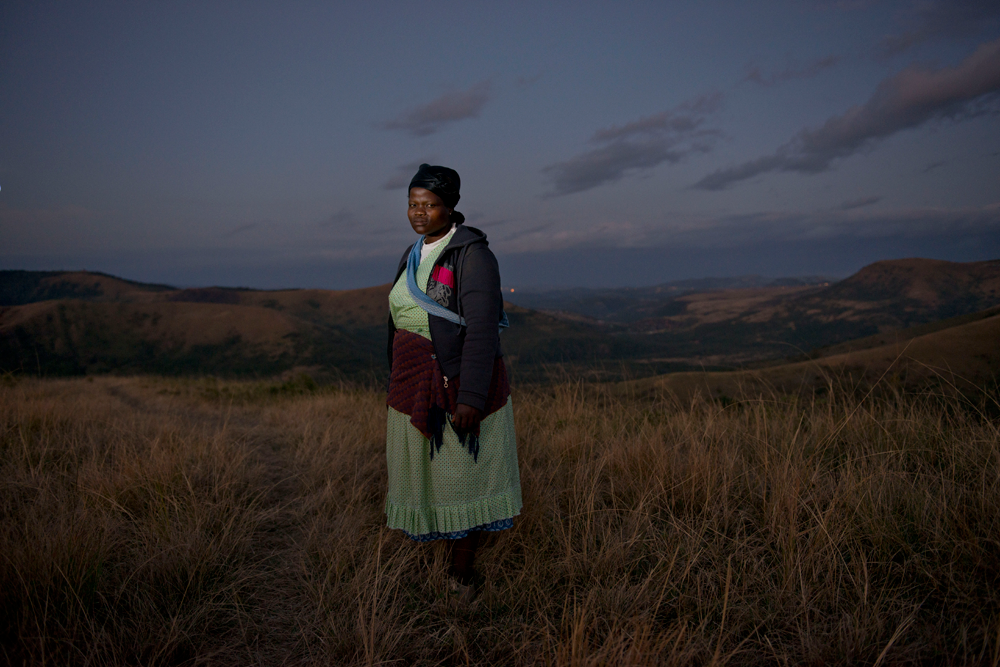
At least now I know’
PHUMZILE SOKANYILE NDAMAZULU, EASTERN CAPE Trauma stalks the families of Marikana’s slain. This is most apparent in the hunted look in the eyes of their widows. In March this year Nocingile Sokanyile appeared harried and dis-orientated — as if, since the death of her husband Phumzile on August 13 last year, she had been on…
-
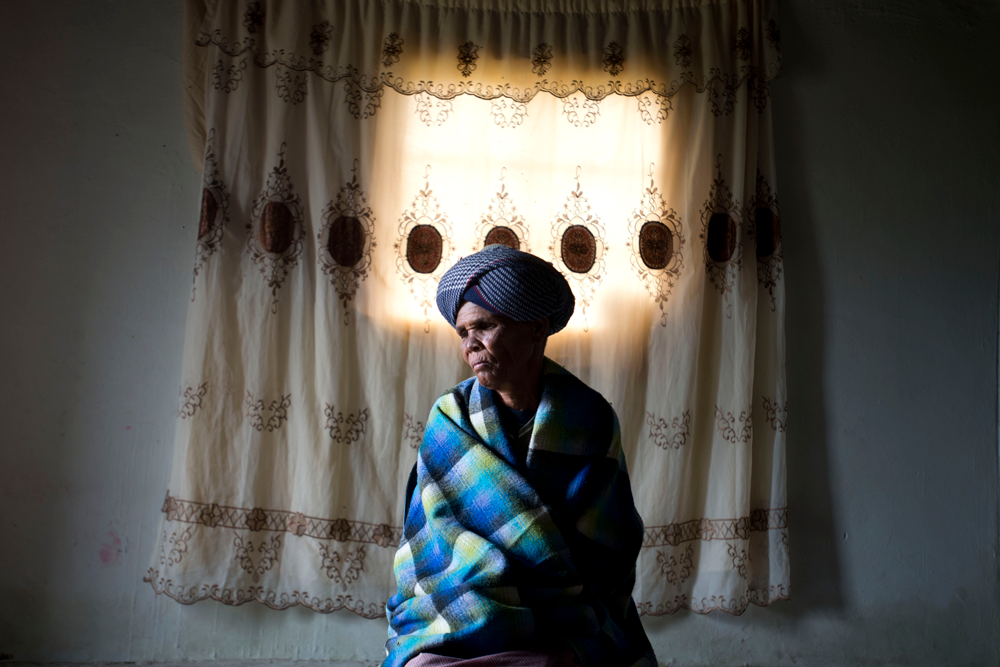
He was not there to strike
FEZILE SAPHENDU KWAYIMANI, EASTERN CAPE In the rural Eastern Cape, Saturdays are for attending funerals and Sundays for going to church and football matches. With televisions and newspapers a scarcity, Ntombi Saphendu, the sister of miner Fezile David Saphendu, first heard about the massacre at a funeral on August 18. “One of the speakers at…
-
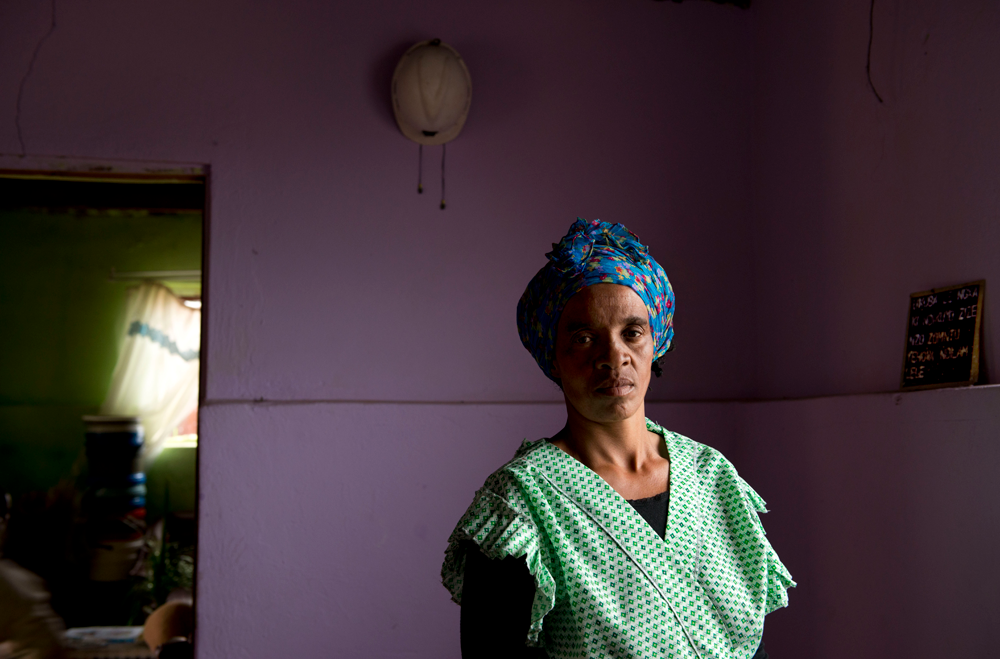
I hate all of them
THEMBELAKHE MATI THEMBELAKHE MATINTABANKULU, EASTERN CAPE Thembelakhe Mati died on August 13 2012. His family believes they will never know who killed him, as witnesses who are still working at Marikana fear they will be snuffed out if they speak up. There is little faith in the protection the state has offered in return for…
-
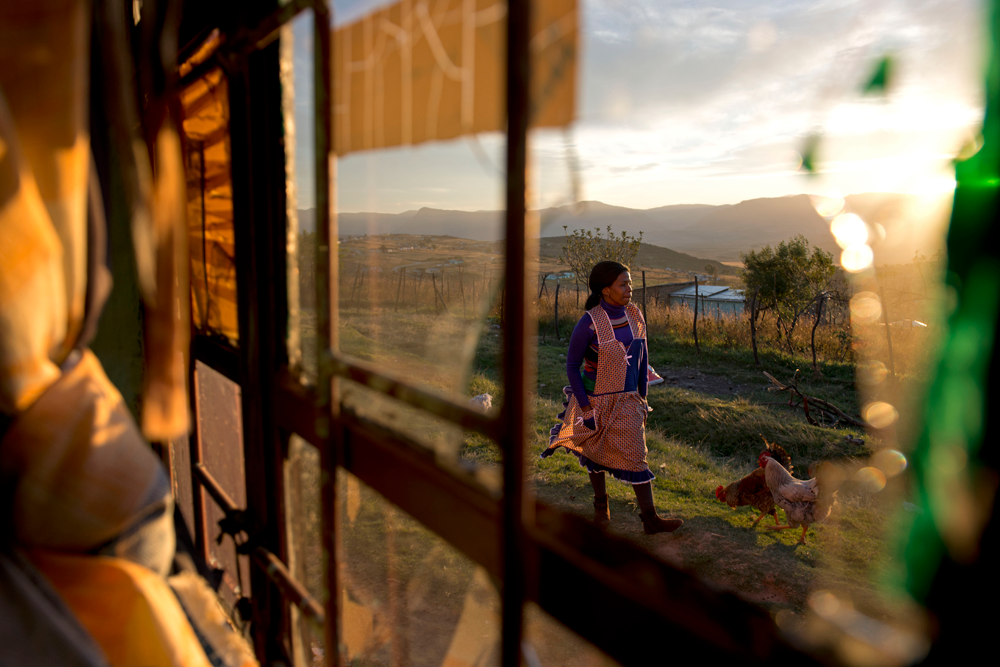
All I can get is a coffin
THABILE MPUMZA MOUNT AYLIFF, EASTERN CAPE On her darkest days Xolelwa Mpumza feels that all she will get from the Farlam Commission of Inquiry is a coffin for herself. Her eldest nephew, Wanda, leads the pack. She looks harried and bleary-eyed on the morning of May 31. Recently returned from Rustenburg, she says that when…
-
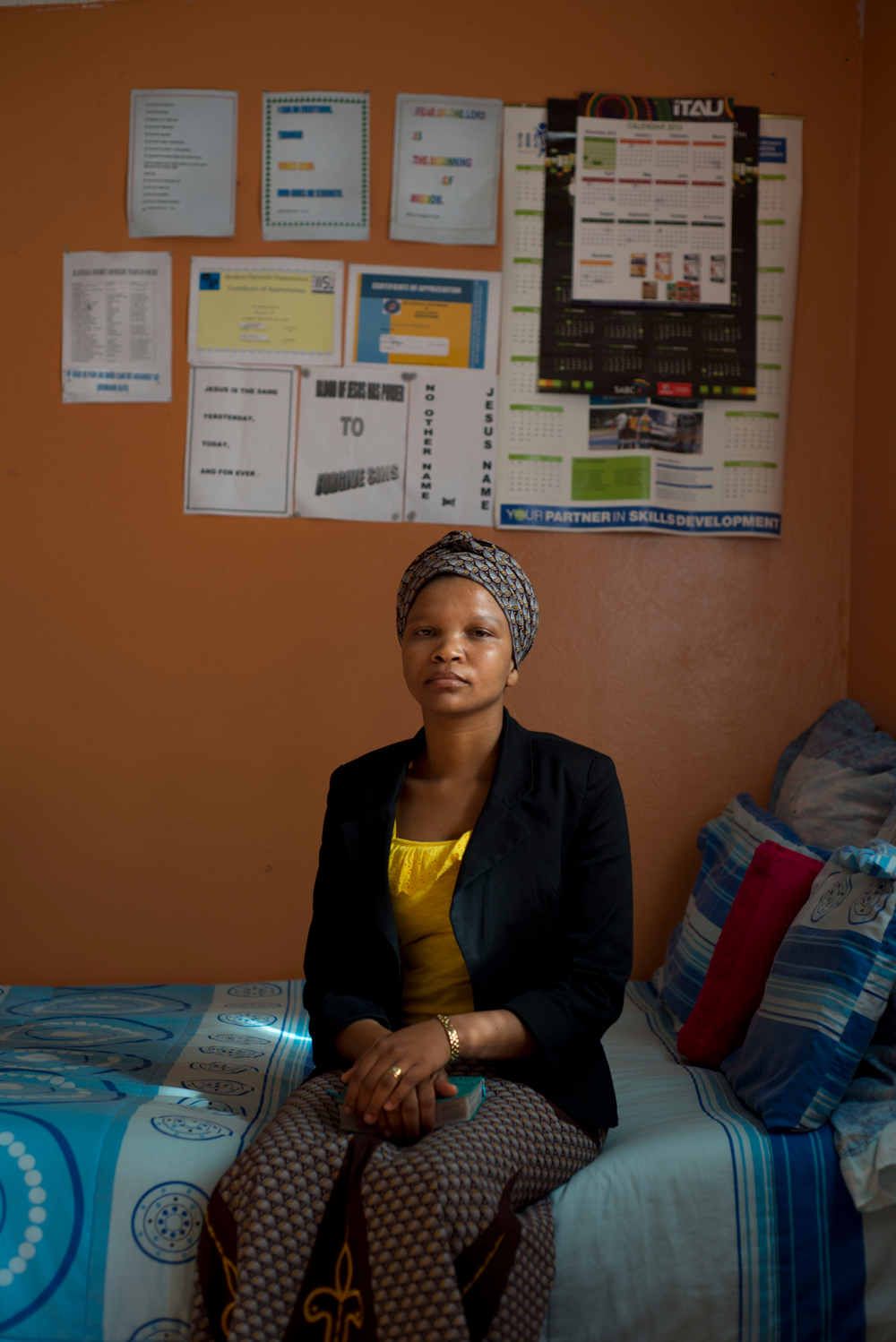
I’m beginning to be free
NKOSIYABO XALABILE MTHATHA, EASTERN CAPE Lilita Xalabile spent just 19 precious days together with Nkosiyabo Xalabile as his wife. They were married on July 7 2012. He returned to Lonmin’s Marikana mine after their honeymoon, and died in the massacre on August 16. At our first meeting with Lilita, in March 2013, she was mourning…
-
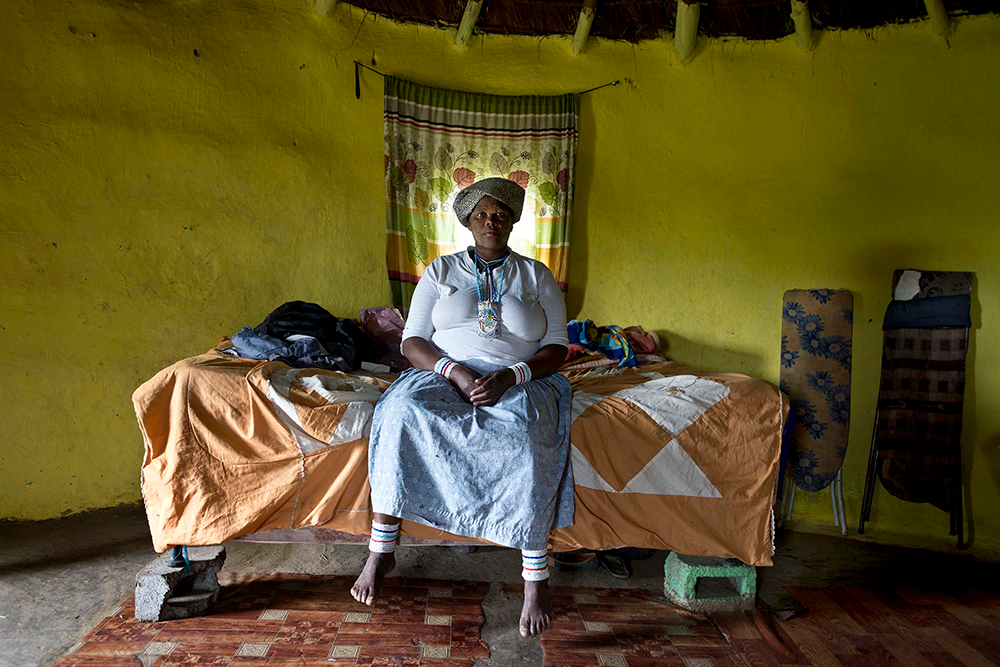
My baby needs to grow up
ANELE MDIZENI NEAR ELLIOTDALE, EASTERN CAPE On a Friday afternoon in February about 20 young boys are practising stick fighting with thin branches tipped with leaves outside Notshovile Mdizeni’s house near Elliotdale in the Eastern Cape. They range from about four to 14 and the thwacks they administer vary from negligible taps to those boisterous…